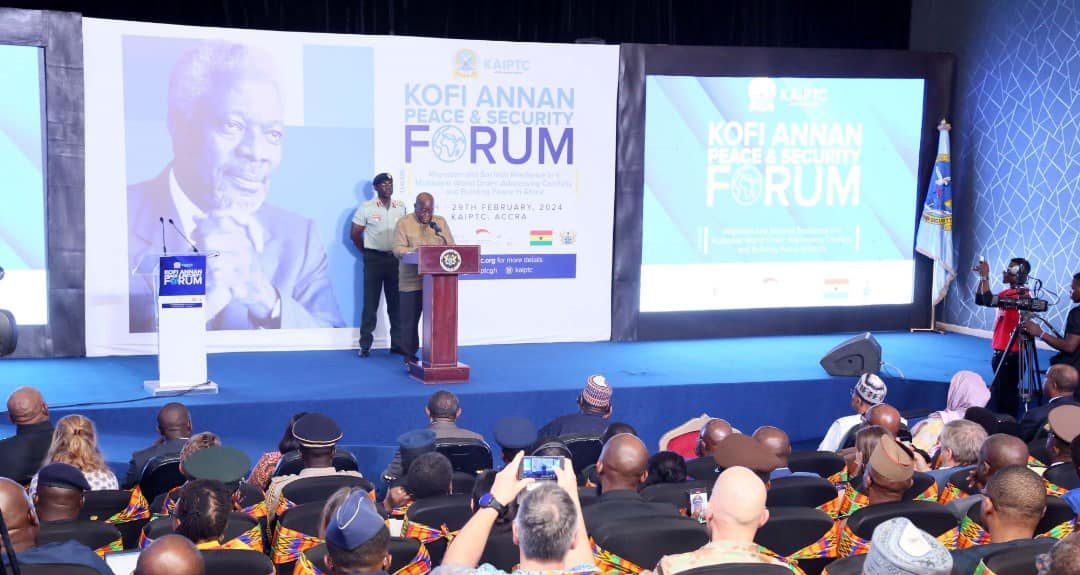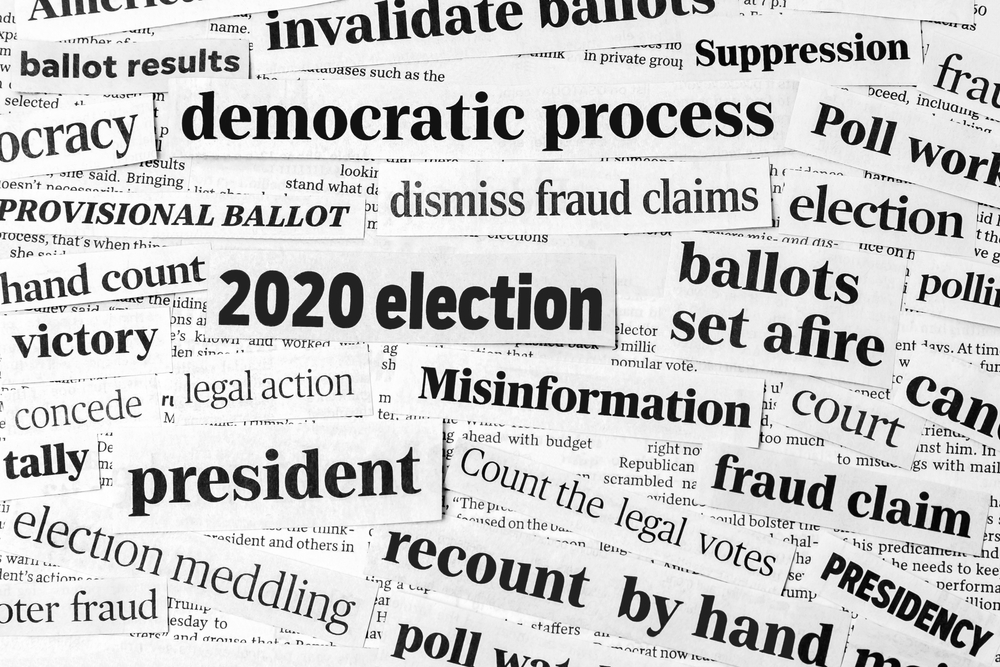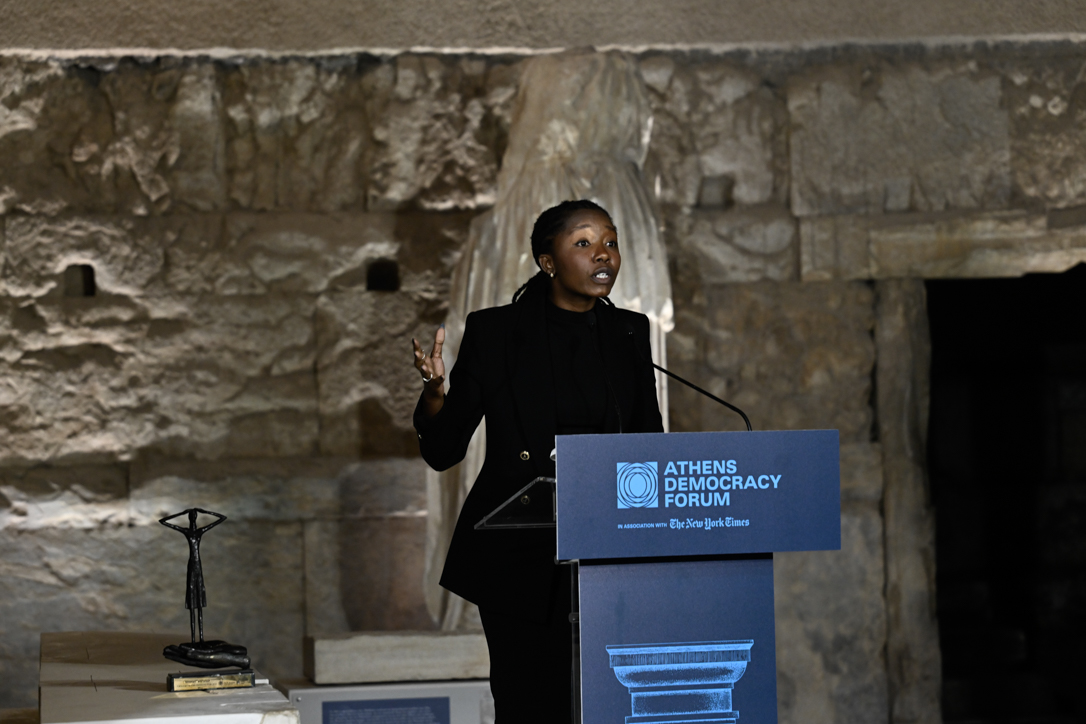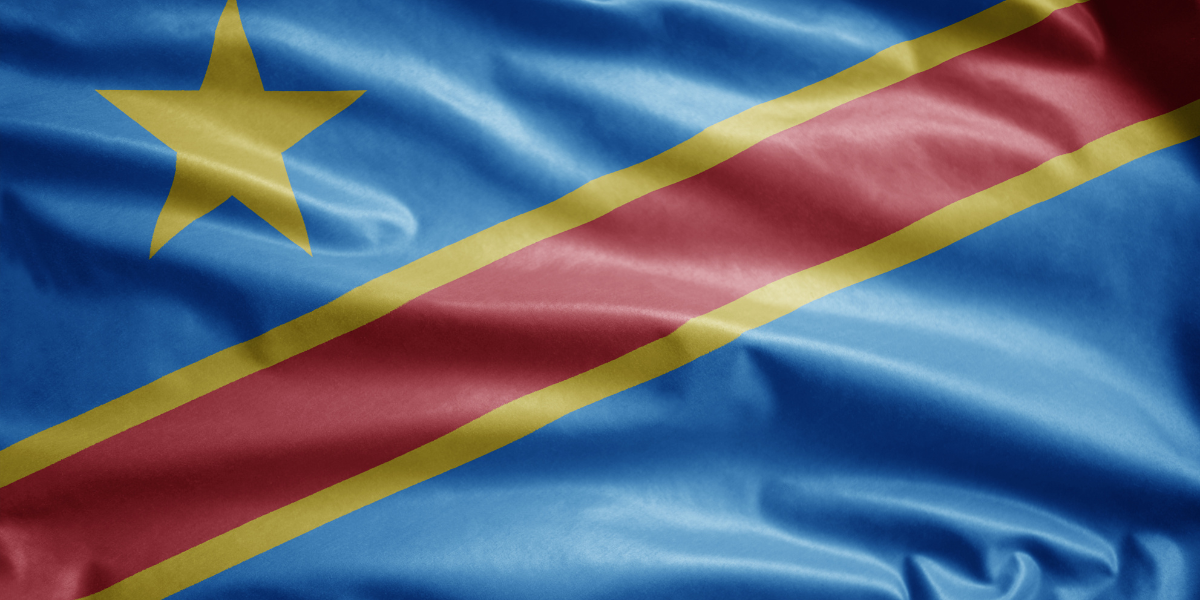Navigating the Age of Polarization: How Social Media Fuels Divides
The Mexican Electoral Tribunal, a Kofi Annan Foundation partner, is hosting a series of discussions in the run-up to Mexico’s 2024 General elections. Recently, Kofi Annan Foundation Senior Advisor Sebastian F.W. Brack was invited on behalf of the Foundation to share our experience on how social media fuels polarisation and violence, and what can be done.
Mexico’s General elections are scheduled to be held on 2 June 2024 and are set to be the most ambitious in the country’s history, with over 90 million eligible voters. The elections are being held at a time when critical electoral institutions, including the Electoral Commission and Electoral Tribunal, are facing political pressure, with new limits placed on their resources and remit, which could undermine their ability to deliver free and fair elections
The following article is authored by Sebastian F.W. Brack and based on his presentation at the Mexican Electoral Tribunal conference on the 2024 elections in Mexico, as part of a panel discussion on polarization and electoral violence.
Kofi Annan Foundation Senior Advisor Sebastian F.W. Brack during the “2024 Elections in Mexico. International Jurisdictional Electoral Accompaniment” conference on 11 September 2023.
Polarization is nothing new. Anthropology suggests that forming “in-and-out” groups is hard-wired into human nature. But a reflex that served our primeval ancestors well to ensure the coherence and solidarity of the clan or tribe becomes in large, diverse societies with multiple ethnic, religious and ideological identities.
In many of the fragile democracies we work in at the Kofi Annan Foundation, polarization has always characterized politics and has even, at times, led to civil wars. I think the reason we are paying so much more attention to the issue now is that polarization is increasingly bedevilling politics in “established” democracies, too, most strikingly illustrated by the attack on the US Capitol on 6 January 2020. Polarization is now a global problem.
What, then, is driving polarization in democracies? There are many theories, but I think it is a combination of growing inequality and diversity, both fueled by globalization, the decline of cross-cutting social institutions, populism, and technology. Since my fellow panellists have not addressed this, I will focus on the role of the internet and social media in this mix, based on the work of the Kofi Annan Commission on Elections and Democracy in the Digital Age.
The panelists during the “2024 Elections in Mexico. International Jurisdictional Electoral Accompaniment” conference on 11 September 2023.
Filter Bubbles and Echo Chambers
According to our study, if the internet and social media did not create polarization, they have exacerbated and accelerated the phenomenon due to several of their characteristics. Many researchers have argued that the algorithms that power social media create “filter bubbles” and “echo chambers”, gradually pushing users into ever more univocal and extreme content, cementing what may have initially been mild political proclivities into hardened ideology, and hostility towards its rivals. Again, social media exacerbates the instinctive human taste for sensationalism, which drives more extreme and divisive content to the top of the algorithms. More recently, this has been compounded by the rise of artificial intelligence-powered tools that lower the cost of producing disinformation and make it increasingly difficult to differentiate genuine from fake.
“…social media exacerbates the instinctive human taste for sensationalism, which drives more extreme and divisive content to the top of the algorithms.”
Our report found that the most prominent purveyors of fake news and hate speech were actually political candidates and parties themselves, sometimes hiding behind online astroturf movements, trolls and even “bots”.
Addressing the Problem
There is a growing consensus across the world that social media platforms have become too central to our politics, and their effects too harmful, to be left alone any longer.
Measures to address these problems can be either top-down or bottom-up. A growing number of states are resorting to legislation at the national and regional levels. The European Union’s efforts in this area, via the GDPR, Digital Services Act, and Digital Markets Act, are the most far-reaching yet and could provide a valuable precedent to protect citizens’ privacy, regulate political advertising, or ban foreign interference.
Panelists during the “2024 Elections in Mexico. International Jurisdictional Electoral Accompaniment” conference on 11 September 2023.
Another approach has been to pressure the tech platforms to address public concerns. As the outcry over their abuse has mounted, some have taken mitigating measures. For example, Facebook created an electoral integrity unit that tries to curate the platform ahead of major elections around the world. Platforms have also made strides in increasing transparency, labelling content, demoting or deleting questionable content or promoting official information, like that of election commissions around electoral matters.
Pre-Election Codes of Conduct
A third kind of measure which has been taken in some countries, including Mexico, is pre-election codes of conduct or pledges to discipline the political actors who are often the leading purveyors of hate speech and disinformation. In the last elections, the Mexican election commission struck a ground-breaking agreement with the tech platforms to enlist them in curating their platforms around election time to limit the abuse and manipulation of their platform. The Kofi Annan Foundation has facilitated pledges by presidential candidates in Nigeria to eschew the dissemination of hate speech and disinformation in the run-up to, during and after elections. In Kenya, we facilitated a code of conduct by political parties to try to self-regulate their online campaigning, with particular emphasis on combatting political gender-based violence online.
“…digital literacy and civic education are so important to help citizens navigate and use the internet and social media more critically and responsibly.”
As powerful as these measures can be, they also entail risks and limitations, which is why the Kofi Annan Foundation is convinced of the importance of bottom-up approaches, too. There is a real danger that states’ legitimate motives for regulating social media abuse can lead to restrictions on free speech. The tech companies will never deploy enough staff and resources to monitor and curate their platforms amongst their billions of users in thousands of languages. Finally, technology evolves so fast that regulatory efforts will always be behind the curve. That is why digital literacy and civic education are so important to help citizens navigate and use the internet and social media more critically and responsibly.
The Kofi Annan Foundation ran a simple online campaign for young people before the 2022 elections in Colombia, urging them to pause and verify the accuracy of social media posts they saw before sharing them. We also hope to work with partners in Kenya in the coming months to curtail the impact of digital disinformation –particularly on young people, deliver digital literacy training and develop strategies with civil society organizations to ensure that digital platforms can positively impact democracy.
Cultivating the Art of Conversation
According to research, however, the best way to overcome polarization is for citizens of rival camps to have more opportunities to engage with each other. As it turns out, it is much harder to caricature and hate another human being of flesh and blood over his identity and views than an anonymous social media profile online. So, I would like to finish my intervention by calling for restoring and cultivating the art of conversation.
As the great humanist Michel de Montaigne put it, “Human understanding is marvellously enlightened by daily conversation, for we are, otherwise, compressed and heaped up in ourselves, and have our sight limited to the length of our own noses.”
Find out more about the Kofi Annan Foundation’s work in digital democracy



